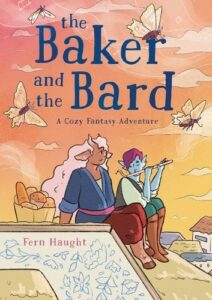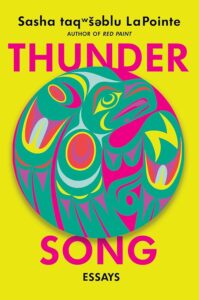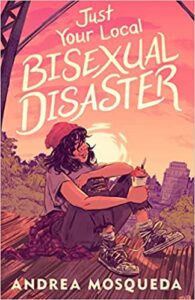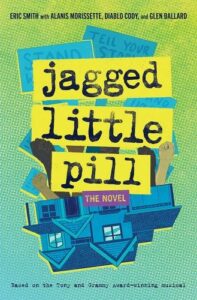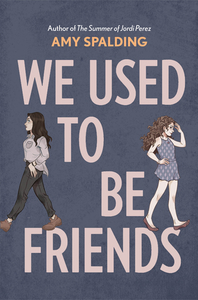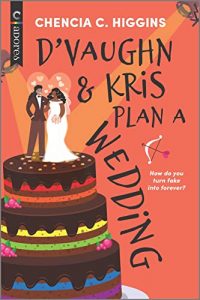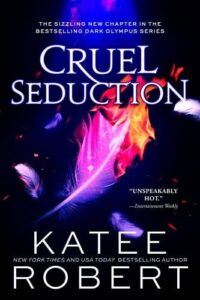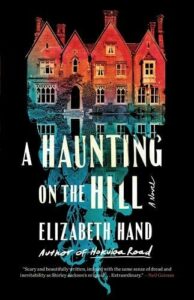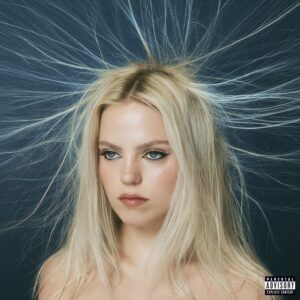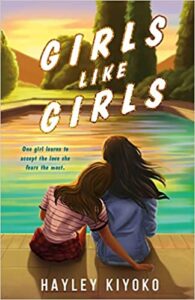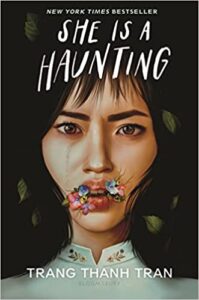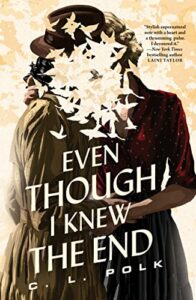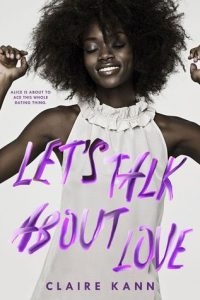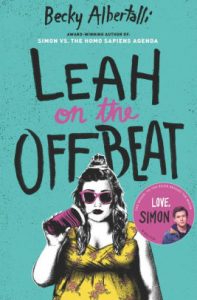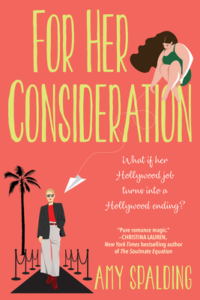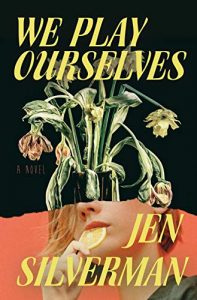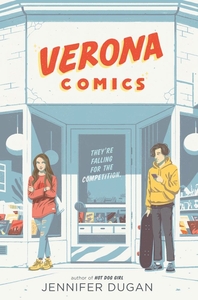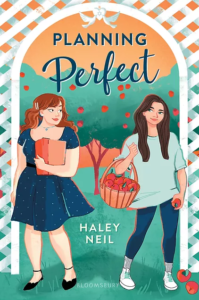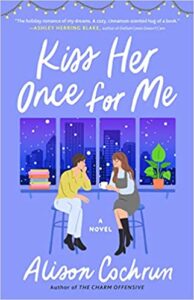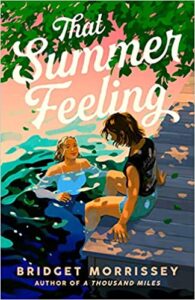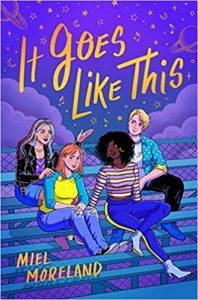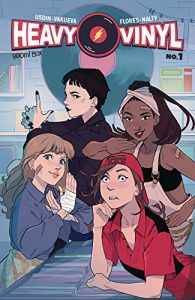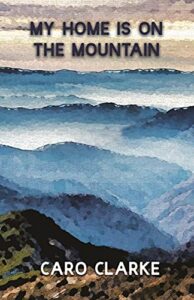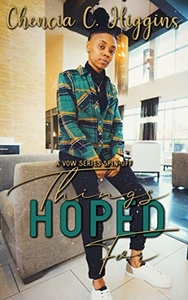Buy this from Bookshop.org to support local bookstores and the Lesbrary!
One of my favourite micro niches is queer cozy fantasy middle grade comics—which mostly just means I adore the Tea Dragon series by K. O’Neill. I have a print from that series on my wall. I have the box set. I have the card game! And since I read it, I’ve been looking for something else that is just as sweet, comforting, kind, and magical. When I heard about The Baker and the Bard, it rose to the top of my most-anticipated queer books of 2024. I’m happy to say that it lived up to those expectations.
Juniper and Hadley are friends in Larkspur: Juniper is a baker’s apprentice, while Hadley is trying to make it as a bard. When the bakery receives a very expensive rush order for galettes, the two of them set out to try to gather the rare mushrooms the recipe requires. Along the way, they discover that a nearby town has been dealing with something coming out of the woods and devouring their crops at night—a mystery Hadley is determined to solve.
I really don’t want to say much about the plot, because this is a short comic and would be easy to spoil. I’ll instead say that while they do go on a little adventure, it’s fairly low-stakes, just as I’d expect from a cozy fantasy. They make some new friends, including encountering fantasy creatures, which is a huge plus for me. I never really got past the Pokemon stage of wanting to collect and care for a variety of beautiful fantasy animals (though I never wanted them to fight).
Hadley is nonbinary, and there’s a little romance subplot between these two friends. It’s very cute.
If you like The Tea Dragon Society, cozy fantasy, or gentle and comforting comics, you have to pick this one up. I want a hundred more just like it.

